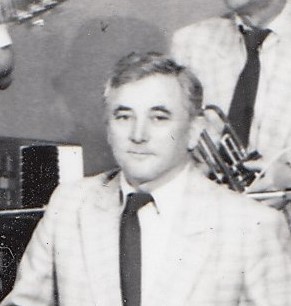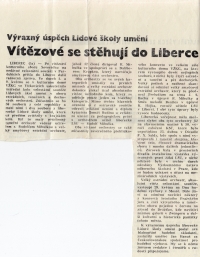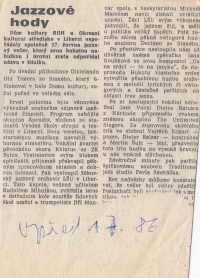You can´t just play jazz, you have to feel it

Download image
Rudolf Mihulka was born on September 27th of 1935 in Ostritz, East Germany, to a Czech-German family of Václav Mihulka and Eliška Winterová. He would go to a German school and speak German at home. In 1949, the family relocated to Vratislavice near Liberec, where, two years later, in 1951, he would start to study piano and conducting at the local school of music’s´ education department. After two years of compulsory military service, he started to work as a teacher at a music school in Varnsdorf; since 1961, he taught at the People´s School of Arts in Liberec. During the 60s, he founded the Combo 62, a jazz band, and also a jazz club, which had been operating till 1991 in several locations. He would bring top jazz players to Liberec, both from Czechoslovakia and abroad. He also founded a Big Band at the People´s School of Arts, a highly recognised ensemble which he has been leading till today. In 2019, he was awarded the City of Liberec Medal for his achievements in music and for promoting the city both in the Czech Republic and abroad.






